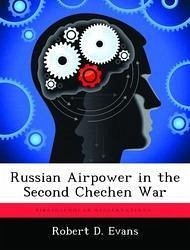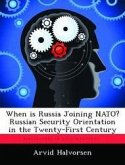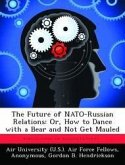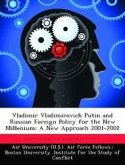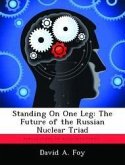The Second Chechen War, which began on 23 September 1999 with massive Russian air strikes, bore little resemblance to the inconclusive campaign that had ended just three years earlier. In the earlier conflict, Russian Air Force operations concentrated on achieving control of the air, directly supporting Russian ground forces, and attacking rebels in the foothills and mountains of southern Chechnya. Aside from the very brief initial campaign against the Chechen Air Force, Russian airpower played a minor supporting role to ground forces during the First Chechen War, achieving only limited tactical successes. During the Second Chechen War, Russian commanders used airpower extensively, with mixed results. By examining the use of Russian airpower in the Second Chechen War, the author identified implications for the United States Air Force conducting small-scale, high-intensity operations. The monograph examines the background to the Chechen wars and the use of airpower in the First Chechen War to set the stage for the analysis of the Russian use of airpower during the Second Chechen War. The author considered if Russian Air Force employment concepts and equipment, used during the Second Chechen War were adequate, feasible, and acceptable, by western standards. When measured against the criterions, the employment of Russian airpower in the Second Chechen War yielded mixed results. Russian Air Force employment concepts were adequate, successfully accomplishing all military objectives. However, airpower failed in its most important objective, reducing Russian ground force casualties. Russian Air Force employment concepts and equipment were unable to accomplish the mission, within allowable constraints, making them infeasible. Finally, the failure to comply with international laws of war, and consider the effect of the air campaign on the political end state made the Russian use of airpower in the Second Chechen War unacceptable. The author's analysis of the Russian use of
Hinweis: Dieser Artikel kann nur an eine deutsche Lieferadresse ausgeliefert werden.
Hinweis: Dieser Artikel kann nur an eine deutsche Lieferadresse ausgeliefert werden.

